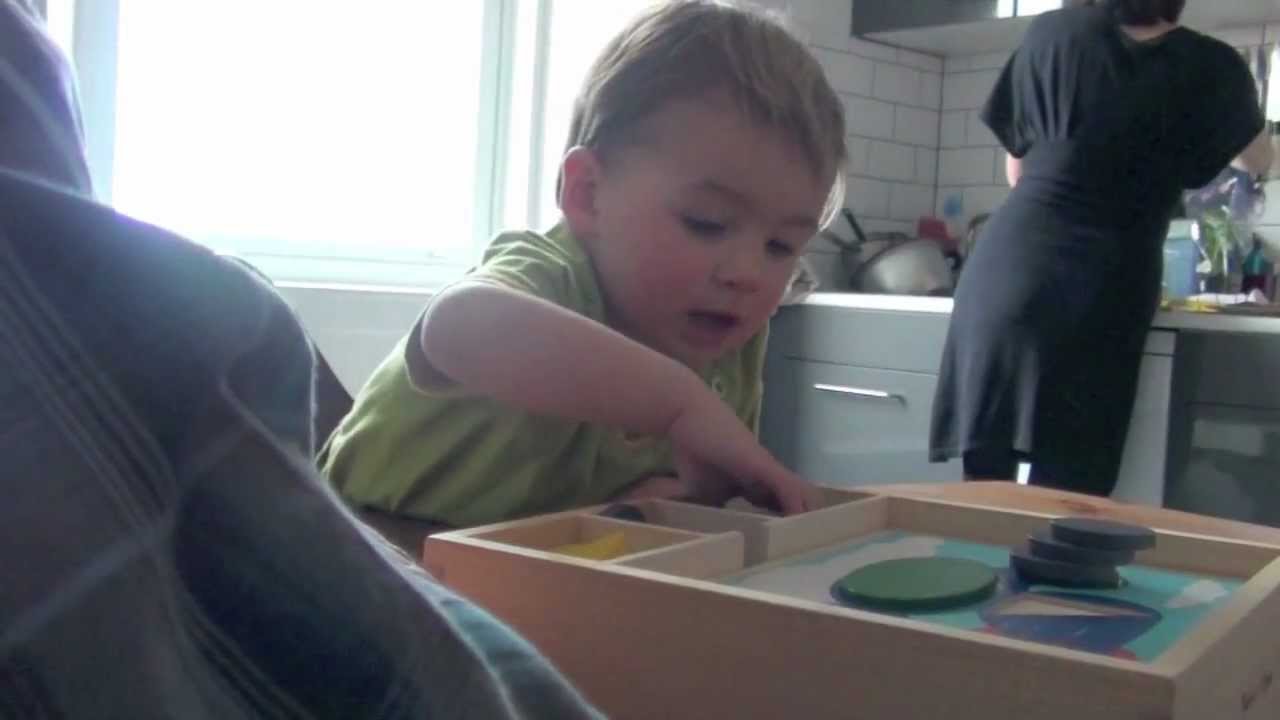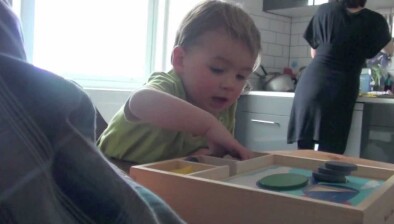Housing insecurity has exacerbated the plight of children experiencing poverty, report finds

Years of austerity have left many vulnerable families facing destitution, according to a new report from two Scottish children’s charities, with the growing problem of housing insecurity adversely affecting children experiencing poverty.
‘Challenges from the Frontline - Revisited’, from Barnardo’s Scotland and NSPCC Scotland, details how families were already struggling with housing, food and basic essentials before the COVID-19 pandemic, with this latest crisis making a bad situation worse.
The research compares a study carried out on family support services in 2013 with those in 2019.
Services described families in “dire consequences”, experiencing destitution; no food, no secure housing, no heating, and struggling with mental ill-health – which means parenting is done under chronic stress. Services in some areas commented on the growth of housing insecurity and the effects of this on children and young people.
The report detailed: “For families experiencing poverty, the shortage of social housing has created a crisis, one which has gathered pace since 2013 due to welfare reform.
“According to the Scottish Government, the increasing unaffordability of private rented housing to low income families ‘substantially increases their risk of homelessness’. Meanwhile, Universal Credit has created a spike in rent arrears, and an increase in debt-related evictions.
“These factors are reflected in the growing number of households in temporary homelessness accommodation, currently the highest since the Housing (Scotland) Act took force in 2002. In 2019 almost a third of these (31%) were households with children. Over 7,200 children were living in temporary homeless accommodation across Scotland in September 2019, and households with children wait longer on average than others to be permanently housed.
“The causes of homelessness are complex. In 2019, 1,700 single mothers with children were assessed as homeless in Scotland because of domestic violence or abuse, this constitutes 27% of all single female applicants, illustrating the interconnectedness of adverse childhood experiences.”
The report added: “While the pattern of housing tenure varies across the fourteen local authority areas, many service managers confirmed this picture of housing insecurity and described the negative impact on children within the families they support, including cramped living conditions, and constant changes of address. This was due to an ongoing search for better accommodation, and struggles with maintaining tenancies.”
Services also referred to difficulties with social housing, they talked about families being placed, because of the lack of available options, in council housing which did not meet their needs, for example, in locations which add to their isolation.
One service manager responding to the report said: “It is just… I mean the council house facilities are just few and far between and the housing that is available the families don’t want because it is very rural and very isolated and we find that our most vulnerable and disadvantaged families are forced to take this accommodation and they can end up away (somewhere) which you might not know but it’s just a row of houses that nobody wants.
“Nobody wants to live there and they will put a single mum with a baby out there who has got poor mental health. You just think…but she is too frightened or intimidated to say anything, you know, so she will take it.”
Local authority housing services were referred to very positively. In one area a strong partnership with housing had been developed since 2013, so that now housing officers attend case conferences and multi-agency child protection meetings. Another referred to the “amazing” advice they are given by a housing service, and a few families who they had watched get into “brilliant houses” after being on the waiting list for a long time. However, difficulties maintaining tenancies was a universal theme.
Overall, the report highlights that family support needs were increasing while funding for services was being cut before the coronavirus crisis hit the country.
The charities have called on the Scottish Government to push ahead with implementing findings by the Independent Care Review, which issued a report in February.
Matt Forde, NSPCC Scotland head of service, said: “Our research reveals that families were facing destitution, isolation and mental health struggles before the COVID-19 pandemic began.
“We found that against a backdrop of years of austerity there was escalating need for help from families who were struggling with more complex problems, being met with less support than before.
“We know that adverse and traumatic experiences in childhood can have a profound impact on a person’s life.
“And it is crucial this unacceptable situation, now compounded by the COVID-19 crisis, is addressed with a matter of urgency.”
Martin Crewe, director of Barnardo’s Scotland, said: “Supporting vulnerable families mitigates social inequality and improves children’s life opportunities.
“The coronavirus crisis provides a huge opportunity to make meaningful, sustainable, transformative change.
“We need to harness the desire to do things differently, to reach out to families with a strengthened social safety net to prevent longer term difficulties developing in young people’s lives.
“The Independent Care Review’s promise has given us a blueprint for family support and we must deliver on this without delay.”
In response, a Scottish Government spokesperson said: “We recognise that this is a difficult time for many families and more people are facing financial insecurity from the impacts of coronavirus.
“This is why we are prioritising the introduction of the Scottish Child Payment which will open for applications in November with payments beginning in February. Scotland is the only part of the UK tackling child poverty head on through this brand new benefit of £10 per week per eligible child under six.
“In addition as part of our £350m community funding package to support those most in need during the pandemic, we have invested over £120m in supporting people with food, including ensuring free school meal provision over the summer, and increased support for housing. In addition we paid carers in receipt of Carer’s Allowance a further supplement this year.
“We responded to challenges set out in the Independent Care Review’s Promise report, by working with Fiona Duncan and her team to establish the Promise Partnership as a priority.
“Already we have invested £4m to the partnership to deliver holistic family support, in line with the key principles of our framework which have been shaped by the COVID-19 Children and Families Collective Leadership Group.”









